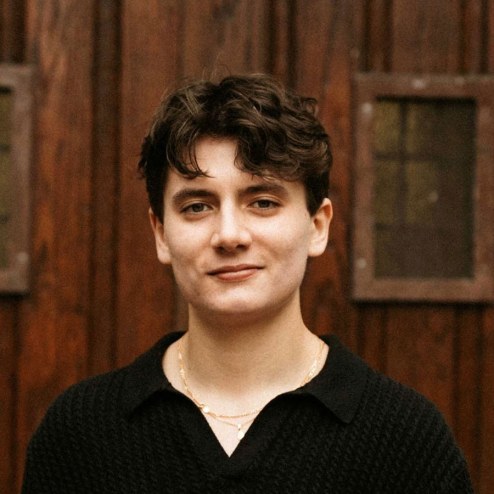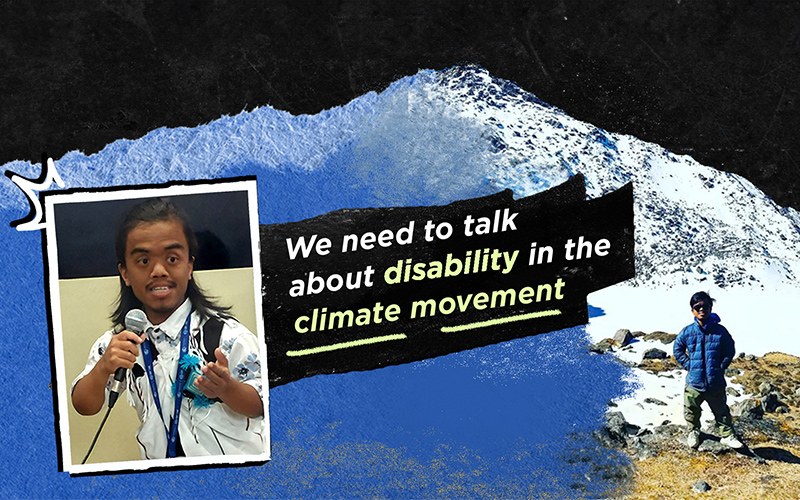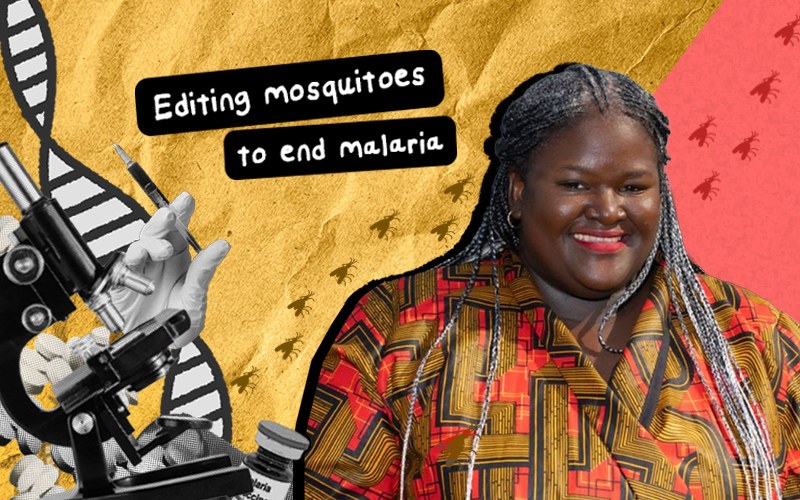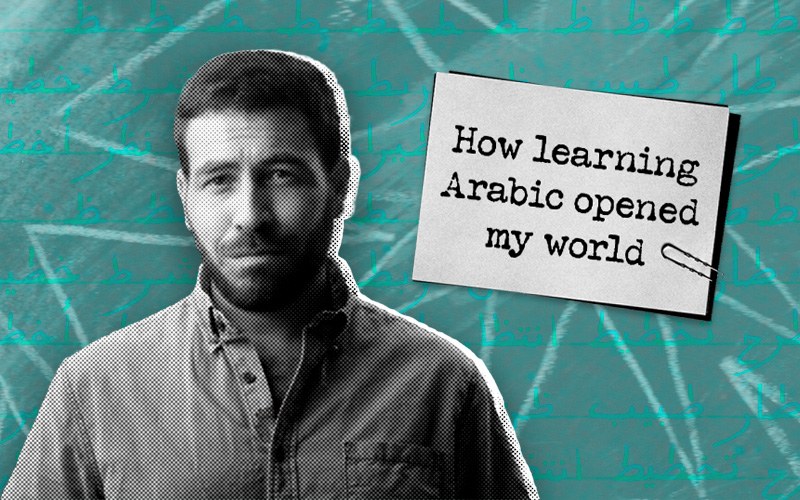ICJ rules Israel must take immediate measures to protect Palestinians in Gaza Strip
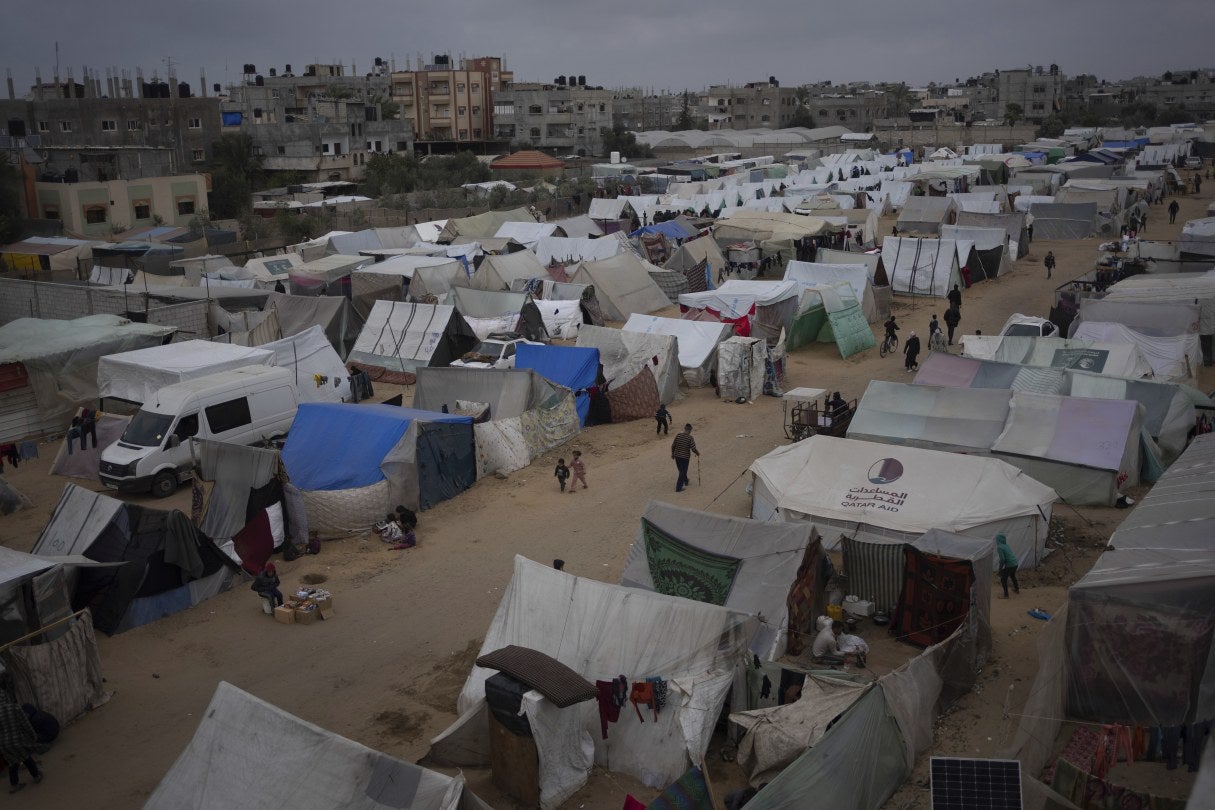
By
In short: The United Nations' International Court of Justice announced its decision on Jan. 26, regarding provisional measures requested by South Africa in its case charging Israel with genocide in the Gaza Strip. The judges ruled that Israel must "take all measures within its power to prevent and punish the direct and public incitement to commit genocide" as well as take immediate measures to allow for humanitarian assistance. But the judges did not approve the request to stop military action in Gaza nor did they order a cease-fire.
The decision comes just 28 days after the measures to stop military action were initially requested, a quick turnaround for the United Nations court. In 49 previous cases, analyzed by Blue Marble, in which requests for provisional measures were made, the court approved at least one of the requests in a majority of cases, but were less likely to approve them when they included a request to stop military action.
How has the ICJ ruled on provisional measures previously?
Since the United Nations’ founding in 1945, the ICJ, considered the U.N.’s main judicial body, has ruled on at least 49 cases in which requests for provisional measures were made.
Provisional measures are temporary orders that call upon states in conflict to stop “irreparable harm” from occurring while the court is deciding on the merits of the case, according to Leila Sadat, the special adviser on crimes against humanity to the International Criminal Court prosecutor.
Blue Marble analyzed 49 ICJ cases involving provisional measures. Of the ICJ cases analyzed, at least one provisional measure was approved in 27 of the cases (or 55% of the time), while provisional measures were denied 22 times. It’s worth noting, though, that 10 of those denials involved Serbia asking for the same provisional measures against 10 different countries.
Provisional measures are not a ruling on the merits of a case. Specifically in the case being heard against Israel, the granting of a provisional measure would not be “an adjudication of genocide,” Sadat said.
How has the ICJ ruled on previous provisional measures requesting a stop to military operations?
Of the 24 cases Blue Marble analyzed in which the requested provisional measures involved some cessation of military aggression, the court approved measures in nine cases, which is 38%.
Blue Marble includes in this category rulings that have ranged from orders to cease military action, use of force, or armed aggression; to withdraw forces from specific territories; to prohibit occupation of specific territories by armed forces; and to stop supporting military or paramilitary activities. Some examples are a 1990 order that both Senegal’s and Guinea-Bissau’s navies stay out of a disputed body of water during a case, and a 2022 order that Russia stop all military actions in Ukraine.
The Overview newsletter
The news you need to navigate our world, delivered to your inbox every weekday afternoon.
What exactly did the court order?
These are the measures to be adopted:
- "The Court considers that ... Israel must, in accordance with its obligations under the Genocide Convention, in relation to Palestinians in Gaza, take all measures within its power to prevent the commission of all acts within the scope of Article II of this Convention, in particular: (a) killing members of the group; (b) causing serious bodily or mental harm to members of the group; (c) deliberately inflicting on the group conditions of life calculated to bring about its physical destruction in whole or in part; and (d) imposing measures intended to prevent births within the group. The Court recalls that these acts fall within the scope of Article II of the Convention when they are committed with the intent to destroy in whole or in part a group as such (see paragraph 44 above). The Court further considers that Israel must ensure with immediate effect that its military forces do not commit any of the above-described acts."
- "The Court is also of the view that Israel must take all measures within its power to prevent and punish the direct and public incitement to commit genocide in relation to members of the Palestinian group in the Gaza Strip."
- "The Court further considers that Israel must take immediate and effective measures to enable the provision of urgently needed basic services and humanitarian assistance to address the adverse conditions of life faced by Palestinians in the Gaza Strip.
- "Israel must also take effective measures to prevent the destruction and ensure the preservation of evidence related to allegations of acts within the scope of Article II and Article III of the Genocide Convention against members of the Palestinian group in the Gaza Strip."
The court also ruled that Israel must submit a report within one month on the measures it's taken to adhere to the ICJ's ruling. After South Africa receives the report, it can submit comments.
Will ICJ’s ruling lead to a cease-fire in Gaza?
The court did not approve the request to stop military action in Gaza. Even if it had, while ICJ decisions are legally binding and cannot be appealed, multiple countries have ignored the court's rulings. In 2022, Russia ignored a court order to stop invading Ukraine. The U.S. has ignored at least two ICJ orders, the first, in 1986, when the ICJ ruled that U.S. support for the right-wing Nicaraguan rebels, the contras, was illegal, and the second, in 2018, when the court demanded the U.S. make exceptions in its sanctions on Iran.
What is South Africa’s case against Israel?
South Africa's case against Israel is the fifth time the UN genocide law has been used this way.
According to South Africa’s application to the ICJ asking it to hear the case, Israel’s actions against Palestinians in the Gaza Strip after Hamas’ Oct. 7 attack are in breach of a 1948 U.N. convention that defines and outlines genocide as a crime.
Defining "genocide"
According to the U.S. Holocaust Memorial Museum, the term was first used in 1944 by a Polish Jewish lawyer in reference to the actions of the Nazis. The United Nations made genocide an international crime in 1948 and outlined it as certain acts “committed with intent to destroy, in whole or in part, a national, ethnical, racial or religious group.”
South Africa says Israel’s actions are “genocidal in character” because they are “intended to bring about the destruction” of Palestinians in the Gaza Strip.
Among its evidence, South Africa included the death toll, at the time of filing the case, of over 21,000 Palestinians, and widespread food insecurity across Gaza.
The day after South Africa presented its case to the ICJ on Jan. 11, Israel defended itself before the court. Israel largely focused on Oct. 7, when Hamas launched an attack against Israel, killing about 1,200 Israelis, mostly civilians, and taking more than 200 hostages.
In response to the attack, Israel launched a “complete siege” on Gaza that has now killed at least 26,000 Palestinians, most of them women and children, waging “the deadliest and most destructive” military campaign in recent history, the Associated Press reported.
How long will it take to decide the genocide case?
Now that the ICJ has decided on provisional measures, the case will begin with oral arguments. There is no definitive timeline for when a decision will be made.
Between May 1947 and November 2023, the court heard 191 cases, including four contentious cases — cases that a state files against another — involving the same international genocide law that South Africa cites in its charges against Israel. The most recent case involving genocide accusations was in 2022 related to Russia's invasion of Ukraine. The most recent resolved case involving genocide charges took 14 years.
Provisional measures are ruled on more quickly. Based on an analysis of 50 cases published in the Chinese Journal of International Law in December 2023, it takes on average 51 days for the ICJ to decide on provisional measures. There is wide variation, though, researchers say, “with the shortest lasting six days and the longest stretching to 161 days."
Sadat said in early January that there was pressure on the ICJ to rule on South Africa’s requested protective measures within two months, because in the most recent genocide case that came before the ICJ — between Ukraine and Russia — the court approved Ukraine’s requested provisional measures in 18 days. It was a “lightning speed” decision in the world of international courts, Sadat said.
The ICJ panel for this case consists of 15 judges appointed for nine-year terms by the United Nations General Assembly and the Security Council, and two “ad hoc” judges chosen by South Africa and Israel since their nationalities were not already represented on the bench.
AJ Caughey, Kyra Dahring, and Tria Raimundo contributed reporting.


